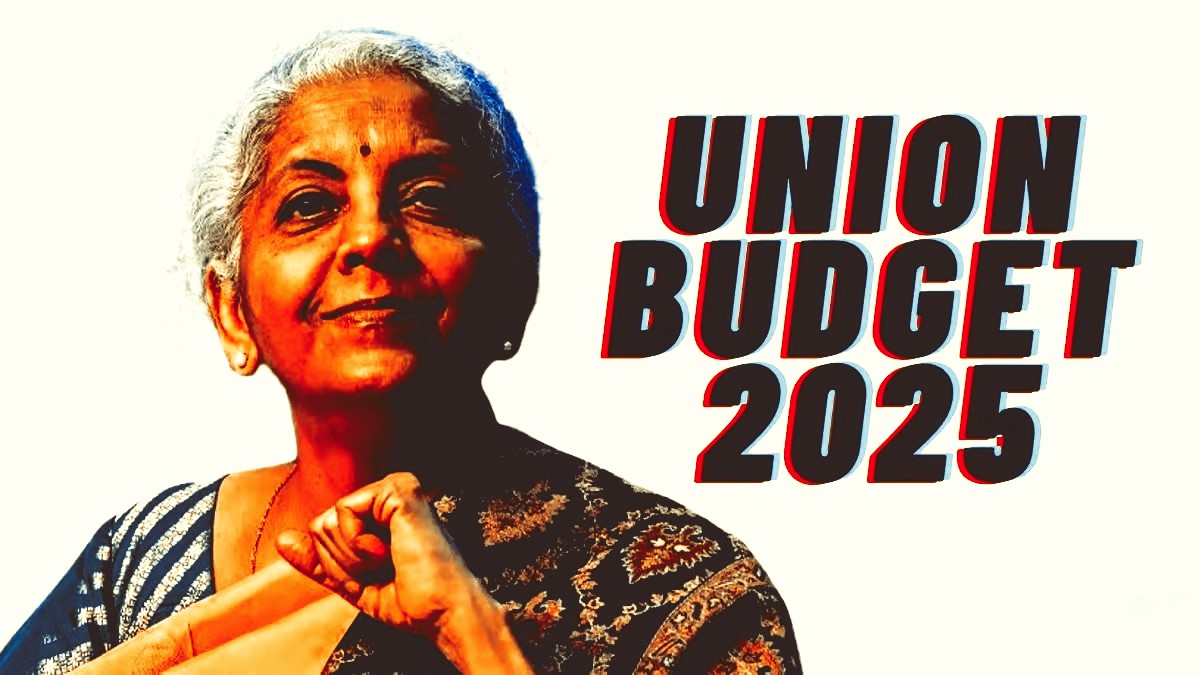As the countdown to the Union Budget begins, many industries and sectors are looking at the 2-time, incumbent finance minister Nirmala Sitharaman to make their sector more efficient.
The Union Budget will come to pass on February 1.
While many industry leaders have opined their views in the recent past have expressed their views on their expectations from the budget, however, an important contingent, the women population of the nation, that has come out of the shackles of patriarchy and tried to assert itself has become a separate and crucial contingent in itself.
The results of the recent election have further underscored the importance of women voters. Therefore, making constructive decisions for women while not treating the whole population like a monolith is essential for the FM.
Oppurtunites For Equal Pay
“The number of women taxpayers in India is reaching new heights. In the year 2023-24 there were over 22 million women who filed tax returns. Moreover, the budget plays a vital role in promoting economic growth and transforming the future of our nation.” said, Mamta Shekhawat, founder of study abroad platform Gradding.com
A budget may foster financial independence, providing several opportunities to ensure equal pay. Moreover, it would be a step towards an inclusive and sustainable economy for all. Besides, women’s expectations for the upcoming budget are:
1. Greater financial inclusivity.
2.Tax relief and incentives to support working women.
3.Prioritizing gender sensitivity and taking suitable measures for it.
Equitable Taxation
This budget is crucial as it presents an opportunity to empower women by creating a more equitable tax framework. Besides, it not only fosters economic independence but also removes barriers that limit women’s potential.
Dimple Motwani of Posh Pitara said, “As a woman entrepreneur and taxpayer, I would welcome a budget that not only recognizes but actively supports the unique challenges women face in starting and growing a business. Initiatives such as easier access to credit, targeted tax incentives, and streamlined compliance processes would go a long way in helping women-owned ventures flourish.”
As the Union Budget 2025 approaches, women taxpayers are hopeful about measures that could potentially reduce their overall tax burden. Under the new tax regime, there is growing recognition of the need to focus on female taxpayers, as this could enhance their financial empowerment. By increasing disposable income, women would be better positioned to plan their investments more effectively.”, added Ridhima Kansal, Director, Rosemoore.

Skill Development and Female-Led Entities
Additionally, government-backed skill-development programs and mentorship networks could further empower us to innovate and compete on a global scale. Ultimately, an inclusive budget that supports women’s entrepreneurship is an investment in India’s broader economic and social progress. added Dimple Motwani.
Women taxpayers might look forward to higher exemptions for investments in retirement plans, education loans, or housing ETFs specifically tailored to their needs. The government could also consider offering tax relief on expenses related to restructuring costs, thereby promoting greater participation of women in the labour force.
Expanding Investments and Fostering Oppurtunites
From a long-term perspective, the Budget 2025 may feature recommendations for more relaxed taxation regulations for women-owned businesses and female-founded startups under emerging categories.
This would not only incentivize women entrepreneurs but also encourage greater economic contributions from this demographic. Additionally, policymakers could explore expanding Section 80C benefits to include more investment opportunities targeted toward women, fostering financial inclusivity.
While addressing gender employment discrimination remains a challenge, progressive women empowerment initiatives in the Budget could further contribute to creating economically active and gender-inclusive societies. By bridging existing gaps, the government could set the stage for greater equity in financial opportunities and social growth.
Financial Independence In Goal
Women taxpayer expectations for economic reforms as well as schemes that support financial inclusion have increased ahead of the Union Budget 2025.
In recent years, women have become a vital part of the workforce in India as seasoned professionals and business owners, and thus, they ought to have equal opportunities, Consequently, a gender-based union budget would greatly benefit them in achieving financial independence., added Garima Maheshwari, CFO of Modern Masti Private Limited.

Among many, one of the women’s primary expectations revolves around standard deductions and tax exemptions, at this moment they are looking for a limit to be increased even further to enable them to save in high yield investment options such as the National Savings Certificate (Nsc), Public Provident Fund (PPF) and Equity Linked Savings Schemes (ELSS).
In addition, going beyond the limits of exemption for home-makers and seniors citizens on interest under sections 80TTA and 80TTB would prove to be beneficial as these groups of people already have specific target investments.
Healthcare In Focus
Changes in policies that would make it easy for women entrepreneurs and business owners to acquire credit are among the many expectations that women have in regards to starting businesses as easy application procedures, low collateral demand and lower interest rates would allow women to start and expand their businesses.

Additionally, Increase in maternity leave benefits would greatly enable women to spend more time with their children while expanding their professional life.
Female taxpayers tend to demand new moves to make healthcare more affordable targeting the cost of health insurance for critical illnesses and wellness programs still further suggesting that there be a tax discount on these.
By fulfilling such expectations the administration will be able to ensure a better balanced budget, improving women’s chances to secure their financial position while actively participating in the economic growth of the country.
